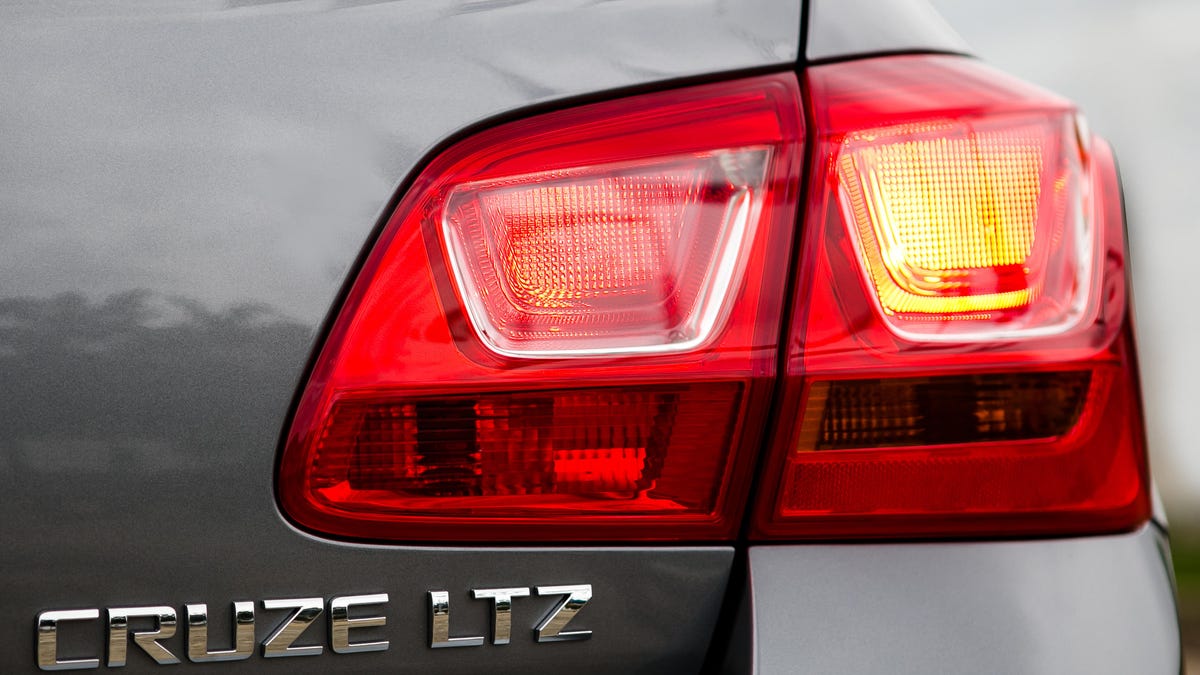Do turn signals have to be red?
Your car's turn signals don't have to be red, but they usually are. Here's why.

Turn signals on the back of your car are red, right? Usually, but not necessarily.
I've received quite a bit of email asking about this and the answer is rooted in the concept that good enough is good enough.
Most cars in the U.S. have red turn signals, while you often see amber ones in other countries. The U.S. allows amber turn signals, but doesn't require them. Amber turn signals in the U.S. remain rather exotic so converting a car to them is a popular "Euro-spec" fetish in some circles.
Allowing carmakers the choice of red or amber is an unusual bit of flexibility in an otherwise rigid U.S. auto bureaucracy, but it shouldn't be the case: The federal government itself has documented that amber rear turn signals offer a statistically significant improvement in crash prevention.
Yet most carmakers have stayed with red, likely due to the lower component cost of making an all red lamp housing (the adjacent stop lamp must be that color) as well as not wanting to color outside the lines. Carmakers know that doing anything different from industry norm - especially with regulated safety equipment - opens them up to potential liability in the case of a major loss or fatality involving one of their cars, even if the divergence from norm was allowed within regulations.
And, aside from a few euro-centric car buffs, most buyers won't even notice the color of their car's turn signals, so no market advantage is gained by a carmaker adopting amber turn signals. If anything moves us to ambers in the U.S. it will be the relentless move to "world cars" and consistent global parts sourcing.

